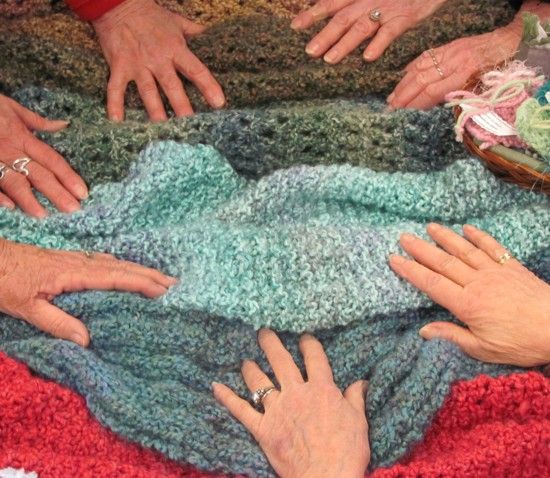Jesus faced many challenges as a preacher. He had to capture the imagination of a diverse crowd. He had to rely on his natural vocal abilities to project his message. This resulted in occasional confusion, according to the British comedians Monty Python – did he say “Blessed are the peacemakers” or “Blessed are the cheesemakers?” Jesus faced many challenges, but he knew how to draw a congregation and how to keep their attention. People followed him all the way out up to a mountain with only the promise of a sermon – no choir, no organ, no coffee, no childcare, no well-known beloved community. And once they were there, Jesus transfixed these people with words of hope, words of challenge, words powerful enough to change hearts and minds.
This passage from Matthew is the beginning of the Sermon on the Mount, Jesus’ most famous sermon. Perhaps you have heard it before. Maybe you have heard it so many times that it fails to confuse you anymore. But it is a strange text, and one that commentators are still arguing about.
The controversy centers on the translation of the first word in this string of statements, the Greek “makarios.” Should we translate it: “Happy are” (happy are the poor in spirit, for theirs is the kingdom of heaven)? Or “fortunate are” (fortunate are those who mourn, for they will be comforted)? “Blessed Are” (blessed are those who hunger and thirst for righteousness, for they will be satisfied)? This is the most common translation, but hard to interpret. According to my sources, the best translation may be, “How honored are” (how honored are the pure in heart, for they will behold God).
Why does it matter? Jesus is trying to tell us something. He’s giving us words of hope, words of challenge, words that are meant to change us. What is it that he’s trying to say?
It’s not that those who struggle are happy or fortunate. There’s no need to romanticize poverty, sickness, or violence. And God doesn’t give us challenges just so that we can gain character, or prove our worth. Let’s let go of that translation. And it’s not that those who struggle are being punished or have been abandoned – a misunderstanding of our culture and sometimes, also, the church.
No, Jesus has a more revolutionary idea to share with us. God blesses and honors the poor, the grieving, the meek, the desperate, and the persecuted. God lays her hands upon them, and dwells within them, and lifts them up — these beloved sisters and brothers, and we ourselves.
We, as followers of Jesus, are part of the body of Christ. And we try to follow the teachings Jesus offered on the mountain. We try to bless and honor those who might otherwise be only gossiped about or pitied, ignored or avoided. One of the ways we do it is through prayer shawls. These shawls are knit by and prayed over by members and friends of this community. We give them to folks who, for one reason or another, may be having trouble feeling the love and blessing and honor of God. We give them to be a visible reminder, a physical reminder, of the love and blessing and honor of this community.
Holy one, come now, and bring your presence and power among us. May we feel how you honor and bless us. May we be among those who bless and honor others in Jesus’ name with a kind word, a compassionate act, a laying on of hands, a prayer-filled shawl. Amen.
